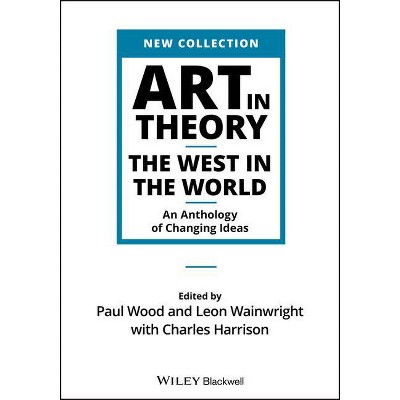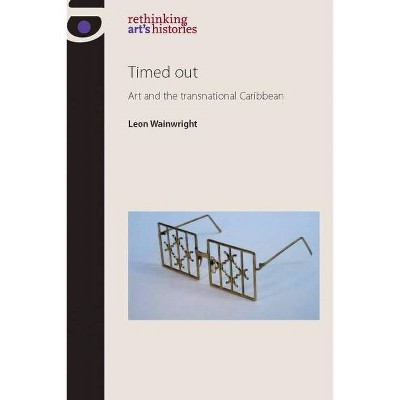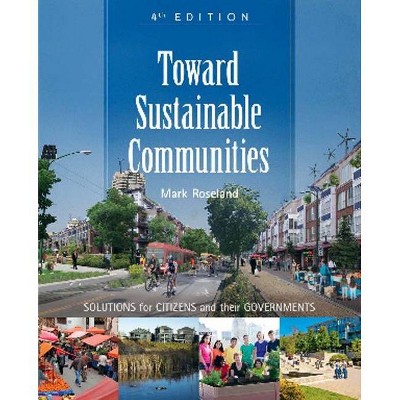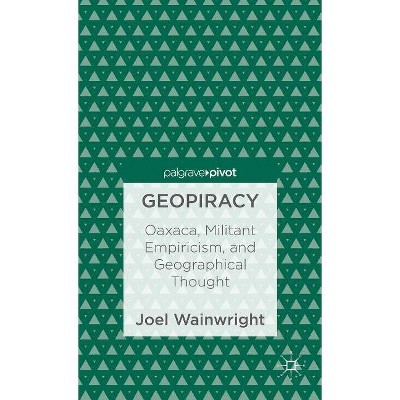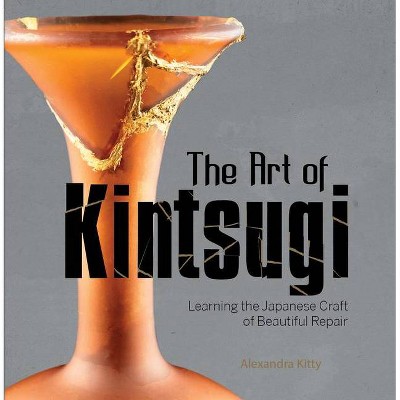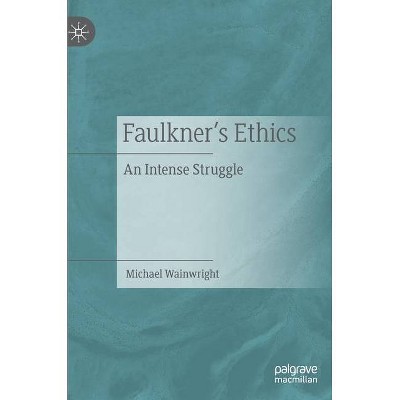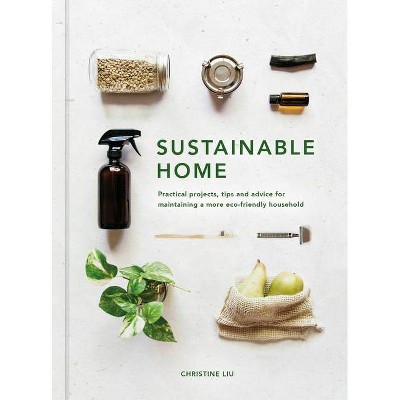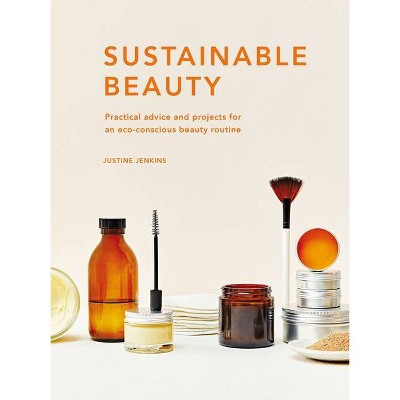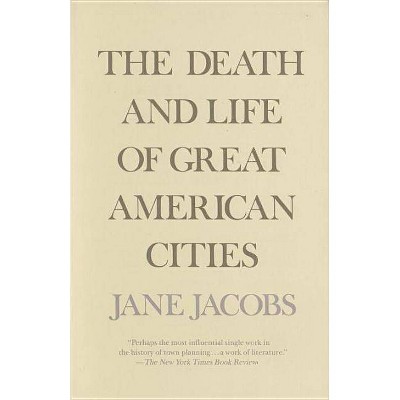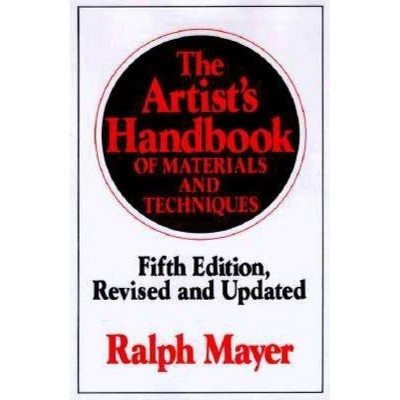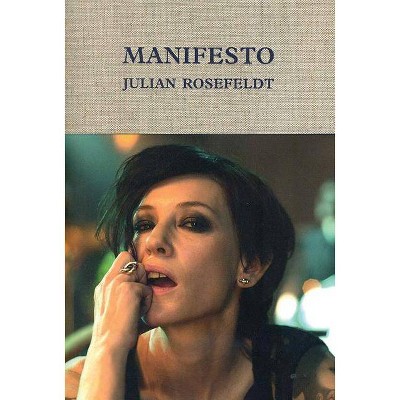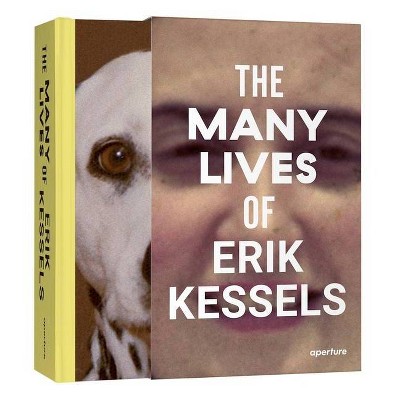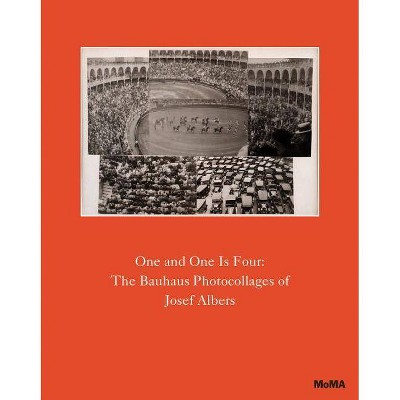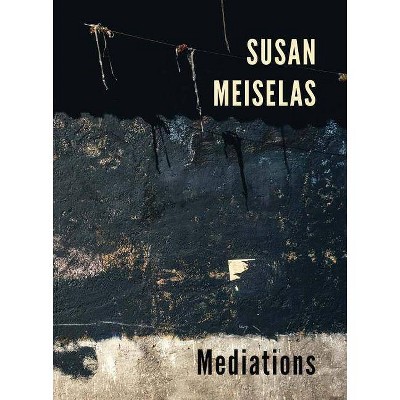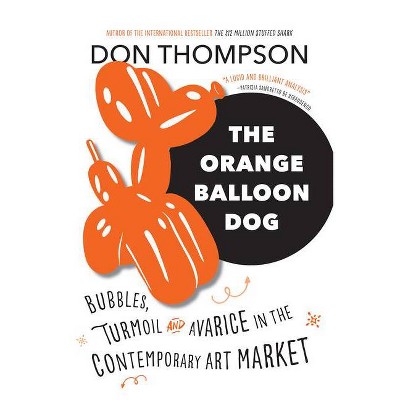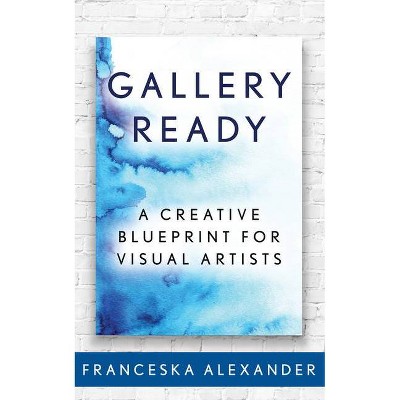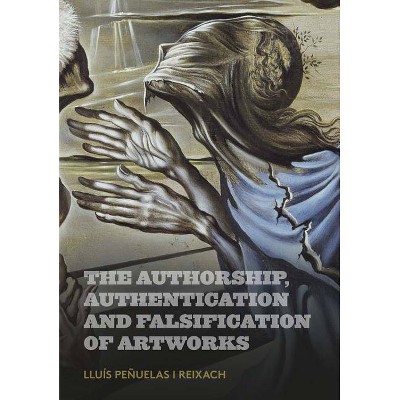Sustainable Art Communities - by Leon Wainwright & Kitty Zijlmans (Hardcover)
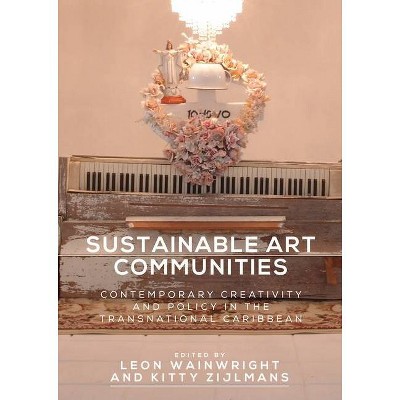
Similar Products
Products of same category from the store
AllProduct info
<p/><br></br><p><b> About the Book </b></p></br></br>A major international collaboration between artists, art historians, curators and policy makers, this collection shows how visual art can play a crucial role in forging a more sustainable community for the Caribbean and its diaspora.<p/><br></br><p><b> Book Synopsis </b></p></br></br>This collection sets out a range of perspectives on the challenges that the Caribbean is facing today, showing how the arts hold a crucial role in forging a more sustainable Caribbean community. It forcefully attests to the view that visual art in particular has a specific contribution to make and that this in turn means striving to foster a sustainable arts community that can contend with an environment of uneven infrastructure, opportunity and public awareness. Spanning the scholarly, artistic and professional fields of arts and heritage, this book compares two of the Caribbean's key linguistic regions the Anglophone and the Dutch to address the themes of global-local relations, capital, patronage, morality, contestation, sustainability and knowledge exchange. The result is a milestone of collaboration from diverse global settings of the Caribbean and its diaspora, including Jamaica, the Bahamas, Barbados, Suriname, Curaçao, the Netherlands, UK, Germany and the US.<p/><br></br><p><b> From the Back Cover </b></p></br></br>The Caribbean, with its transnational diaspora stretching to all the shores of the Atlantic and beyond, is one of the liveliest cultural landscapes in the world today. It is also one of the most troubled. This volume presents contemporary perspectives on the challenges facing Caribbean communities. It shows how the arts can play a crucial role in improving sustainability by creating a shared ground of experience, enjoyment and understanding. The book promotes the view that visual art in particular has an important contribution to make in enhancing the Caribbean's networks and reflecting on the nature of its connections. It addresses a topic that spans the scholarly, artistic, curatorial and professional fields of art and heritage, exploring constructive comparisons between key linguistic regions - namely the Anglophone and the Dutch - and identifying new parallels and contrasts in global-local relations, capital, patronage, morality, sustainability and the benefits of knowledge exchange. Ultimately, it makes the case for social justice in the arts within a complex and little-studied global geography. Based on a major international project funded by research councils and arts organisations in Europe, <i>Sustainable art communities</i> is a milestone in the collaboration between artists, policymakers, arts organisers, art historians and critics. It draws from such diverse settings as Jamaica, the Bahamas, Barbados, Suriname, Curaçao, the Netherlands, the United Kingdom, Germany and the United States.<p/><br></br><p><b> About the Author </b></p></br></br><br>Leon Wainwright is Reader in Art History at The Open University, UK <p/>Kitty Zijlmans is Professor of Contemporary Art History and Theory/World Art Studies at Leiden University<br>
Price History
Price Archive shows prices from various stores, lets you see history and find the cheapest. There is no actual sale on the website. For all support, inquiry and suggestion messages communication@pricearchive.us
